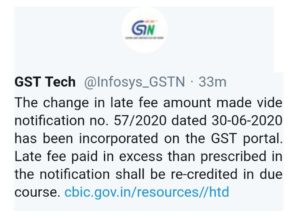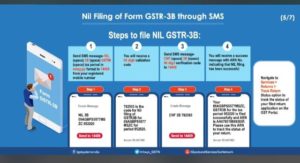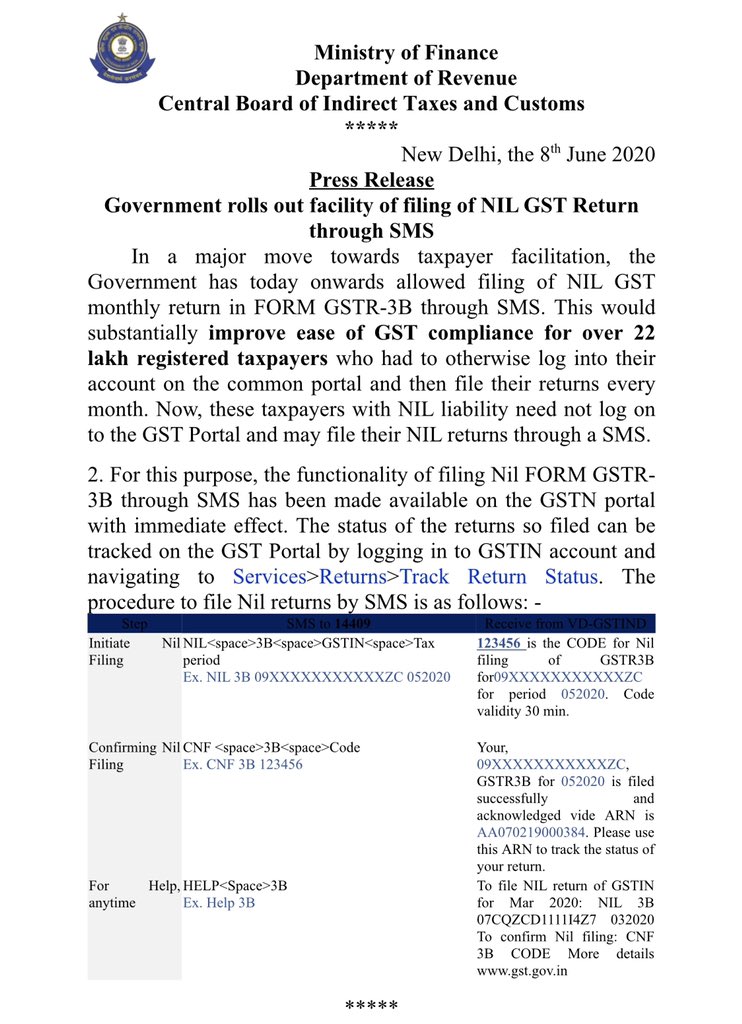
The Government has canceled the Goods and Service Tax (GST) registration of 163,000 business entities who have not filed monthly tax returns (GSTR-3B) for the last six months or more.
Furthermore, the department would persuade 25,000 taxpayers, who have not filed returns for October that was due by November 24, to comply with tax return deadlines.
“All these business entities, who had not filed their GSTR-3B returns for more than six months, were first issued the cancellation notices and then their registrations were cancelled as per standard operating procedure,” one of the officials said.
The Tax officers have been directed to follow up personally with these defaulting taxpayers so that their GSTR-3B returns due for the month are filed by November 30.
The push for better compliance comes on the heels of the tax department’s nationwide drive against fake invoice scams.
It is suspected that fraudsters often register firms under GST but remain mostly dormant on compliance while using the status to claim invalid input tax credit (ITC). As per the sources, in the Ahmedabad zone 11,048 GST registrations have been cancelled.
In the Chennai zone, 19,586 suo motu cancellations have been done so far in respect of GST taxpayers who have failed to file returns for more than six months.
The officials said that the tax authority is also scanning newly registered entities that have not provided correct details at the time of registration.
Out of 720 deemed registrations granted between August 21 and November 16 this year, where Aadhaar authentication was not done, 55 deemed registrations have been identified for the discrepancy and the process of cancellation was initiated in these cases.
Furthermore, the department would persuade 25,000 taxpayers, who have not filed returns for October that was due by November 24, to comply with tax return deadlines.






